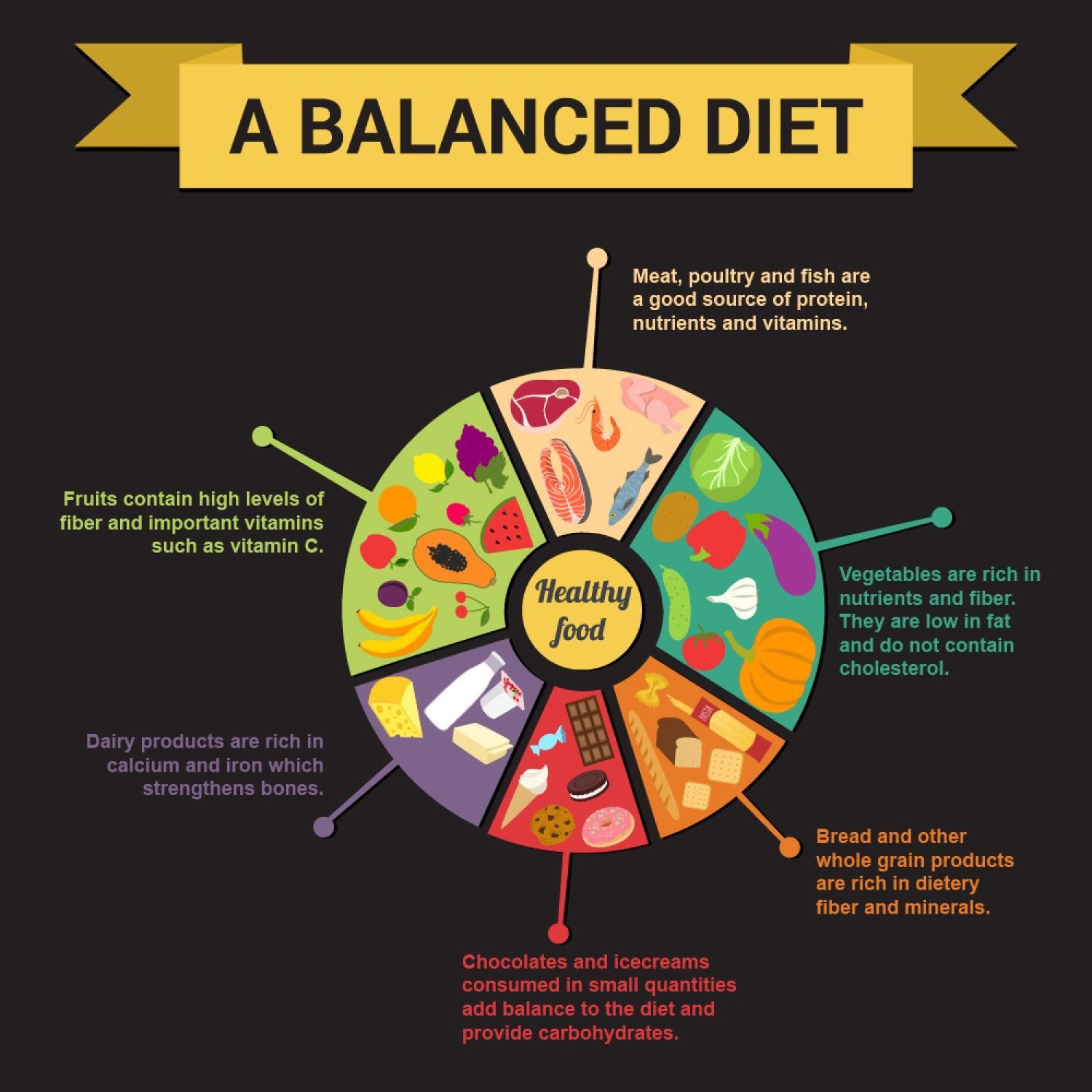
In today’s fast-paced world, maintaining optimal health has become increasingly challenging. With technology advancements, we spend more time glued to our screens, leading sedentary lifestyles and neglecting our physical well-being. However, adopting a holistic approach to nutrition can significantly improve our overall health and well-being. In this article, we will explore the importance of nutrition in optimizing our health and practical ways to incorporate it into our daily lives.
The Role of Nutrition
Nutrition forms the foundation of our well-being. It provides the necessary fuel and nutrients for our bodies to function optimally, supporting physical and mental health. A well-balanced diet consisting of essential macronutrients (carbohydrates, proteins, and fats), micronutrients (vitamins and minerals), and phytochemicals helps promote a strong immune system, mental clarity, and physical vitality.
The Holistic Approach
A holistic approach to nutrition emphasizes looking at the bigger picture—treating the body as a interconnected system rather than individual parts. It recognizes that our physical health is influenced by various factors, including our environment, emotions, stress levels, and lifestyle choices.
Eating Whole, Nutrient-Dense Foods
One of the fundamental aspects of a holistic nutrition approach is choosing whole, minimally processed foods. These foods are packed with essential nutrients and are closer to their natural state, preserving their health benefits. Opt for fresh fruits and vegetables, whole grains, lean proteins, and healthy fats. Avoid processed foods containing added sugars, unhealthy fats, and artificial ingredients.
Listening to Your Body
Listening to your body’s signals is crucial for holistic nutrition. Everyone’s bodies are unique, and what works for one person may not work for another. Pay attention to how different foods make you feel and adjust your diet accordingly. For example, if you notice that gluten makes you feel bloated or dairy causes discomfort, consider eliminating or reducing them from your diet to support your body’s needs.
Mindful Eating
Incorporating mindfulness into your eating habits can lead to significant improvements in digestion and overall satisfaction with meals. Eating mindfully involves fully engaging in the eating experience—savoring each bite, paying attention to flavors, textures, and listening to your body’s hunger and fullness cues. This approach promotes better digestion, reduces overeating, and enhances the enjoyment of food.
Considering Personal or Environmental Sensitivities
Holistic nutrition recognizes that certain individuals may have sensitivities to specific foods or environmental factors. Allergies, intolerances, or sensitivities can cause digestive issues, inflammation, skin problems, and other health concerns. Working with a healthcare professional or registered dietitian can help identify and address these sensitivities, creating an optimal eating plan tailored to your individual needs.
Incorporating Holistic Nutrition into Daily Life
Now that we understand the importance of holistic nutrition, let’s explore practical ways to incorporate it into our daily lives:
Meal Planning and Preparation
Plan your meals in advance, ensuring they include a variety of nutrient-dense foods. Batch cooking can save time and ensure you have healthy meals readily available. Prepare your meals using fresh ingredients to maximize their nutritional value.
Hydration
Stay hydrated by drinking plenty of water throughout the day. Adequate hydration supports digestion, toxin elimination, and overall cellular function. Aim to drink at least 8 cups of water per day and adjust based on your activity level.
Colorful Plates
Make your plate as colorful as possible by incorporating a wide variety of fruits and vegetables. Different colors indicate a range of beneficial phytochemicals, antioxidants, vitamins, and minerals. Try to include a rainbow of colors in your meals.
Listen to Your Cravings
Pay attention to your cravings, as they may indicate specific nutrient deficiencies. For example, craving chocolate might suggest a need for magnesium, while a desire for leafy greens could indicate a need for iron. Opt for healthier alternatives that fulfill your cravings while providing the necessary nutrients.
Intuitive Eating
Practice intuitive eating by listening to your body’s hunger and fullness cues. Avoid restrictive diets or rigid eating schedules and allow yourself to enjoy food without guilt. Strive for balance and moderation in your eating habits.
Conclusion
Adopting a holistic approach to nutrition can transform your health and well-being. By nourishing our bodies with whole, nutrient-dense foods, listening to our bodies’ unique needs, and incorporating mindful eating practices, we can achieve optimal health. Remember, embracing a holistic nutrition approach is a lifelong journey filled with self-discovery and personal growth. Take small steps each day, and you’ll gradually experience the profound benefits it offers.

